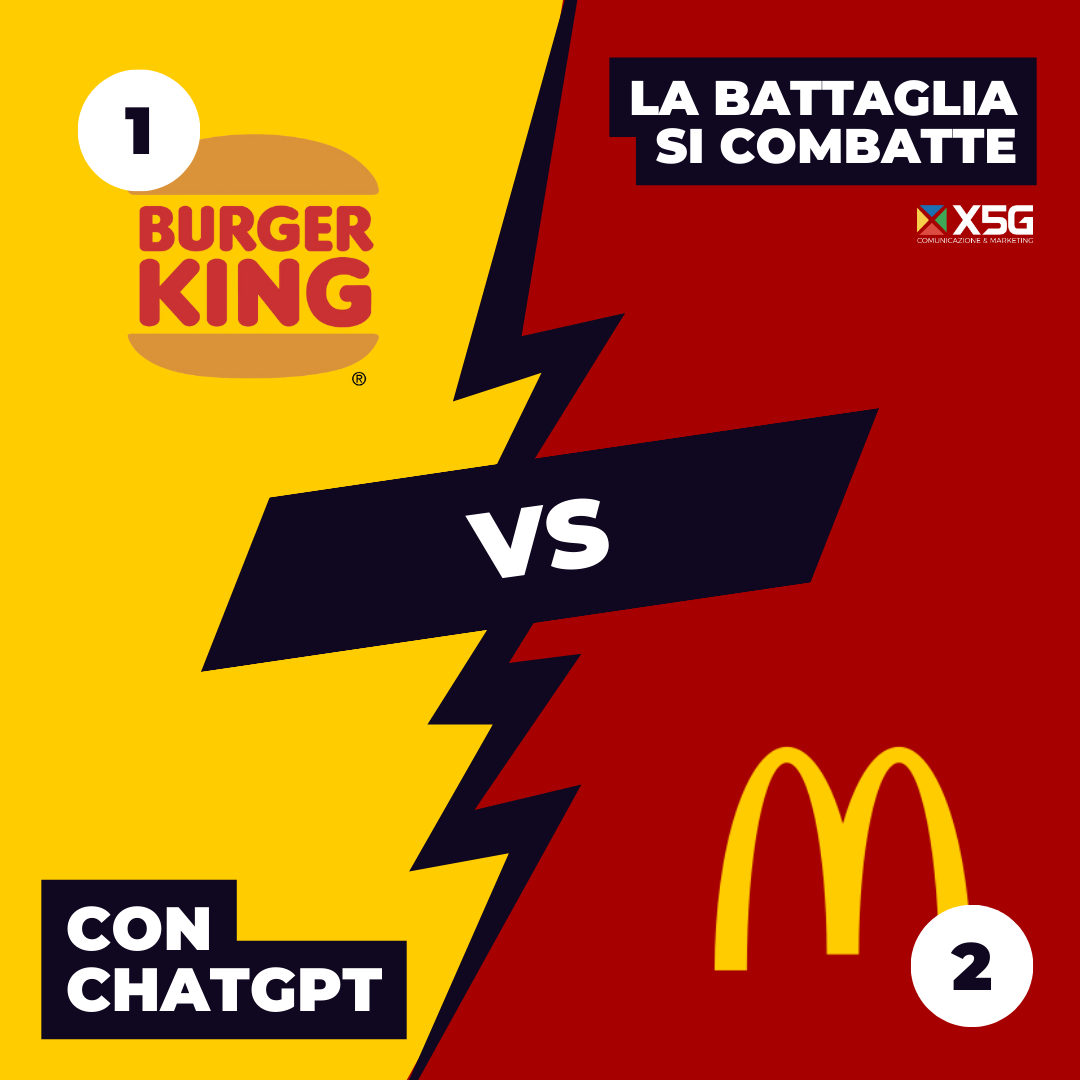METAVERSE: A DIGITAL ECOSYSTEM IN CONSTANT EXPANSION
In recent years, the concept of metaverse has undergone significant evolution, shifting from a purely futuristic vision to a digital ecosystem in constant expansion. Mark Zuckerberg continues to bet heavily on this technology, believing that 2025 could be the year of its definitive breakthrough. However, despite the massive investments in the virtual reality sector, metaverse is not limited exclusively to the use of VR headsets and immersive environments, as many might think.
The term “metaverse” has a broader meaning and also includes digital platforms that attract millions of users, particularly those related to the gaming world such as Fortnite, Minecraft, and Roblox. These virtual ecosystems currently represent the most established and widespread form of metaverse, as they succeed in creating engaging experiences where users spend an impressive amount of time.
Fortnite, for instance, is not just a battle royale, but a true digital social space, where live events, virtual concerts, and collaborations with major brands turn the gaming experience into a full-fledged entertainment platform. Minecraft, on the other hand, has shown how user creativity can generate an ever-expanding universe, with custom servers and game modes ranging from education to the simulation of complex virtual economies. Roblox, for its part, stands out for its user-generated nature, as it allows independent developers to create content and monetize their experiences within the platform.
The economic potential of these platforms is immense. According to recent market analyses, the gaming industry within metaverse generates billions of dollars every year, with revenue coming from microtransactions, digital asset sales, and content monetization by creators. User engagement, driven by the social component and the immersive nature of the experiences, makes these digital environments true entertainment venues, where the line between gaming, social interaction, and business becomes increasingly blurred and indistinct.
Major tech companies, in addition to Meta, are investing in this direction. Microsoft, with its gaming ecosystem based on Xbox and its recent acquisition of Activision Blizzard, is seeking to integrate metaverse into its future strategies. Epic Games, developer of Fortnite, has openly stated its intention to build an open and interoperable metaverse, while companies like Google and Apple continue to explore new augmented reality solutions to enhance the digital experience.
In conclusion, metaverse is not just an abstract concept or a project in development: it is already a well-established reality in the world of gaming. The future will depend on companies’ ability to innovate, make these platforms more accessible, and ensure increasingly immersive and interactive experiences, regardless of virtual reality adoption.




